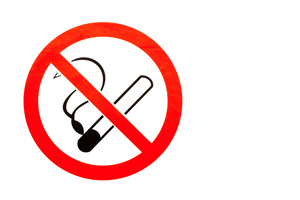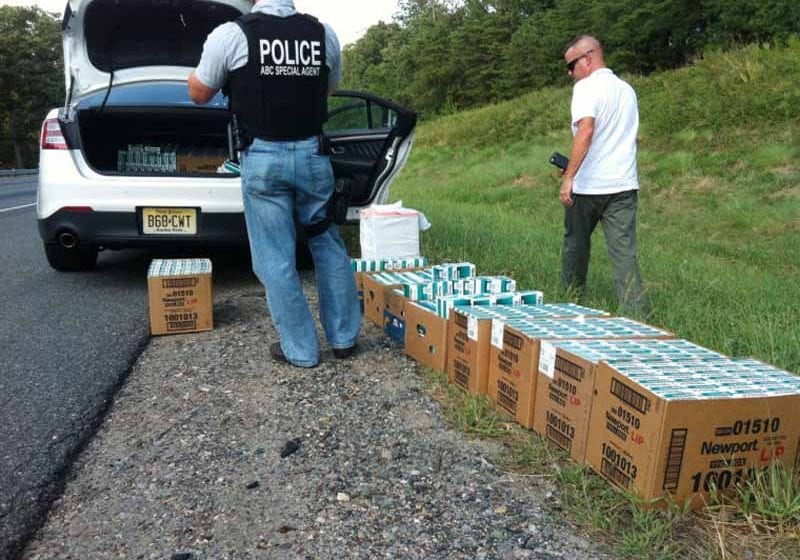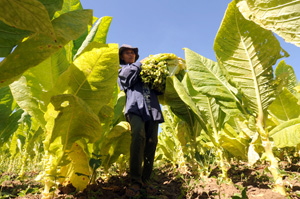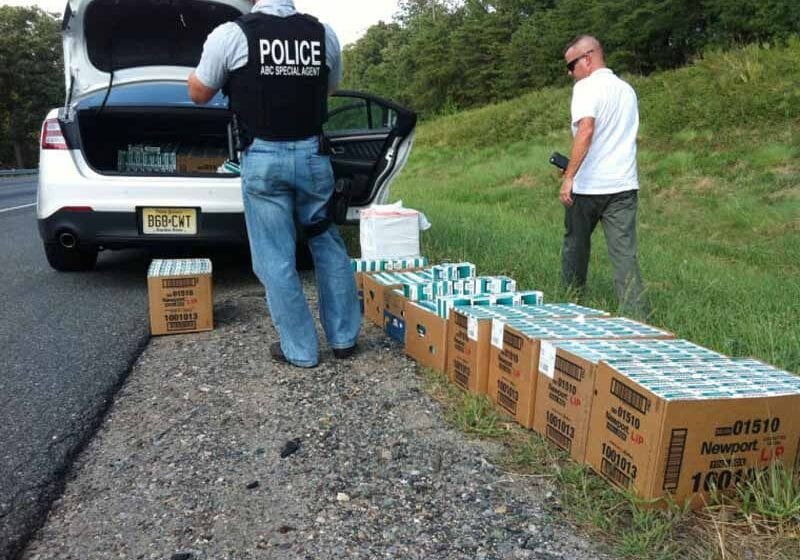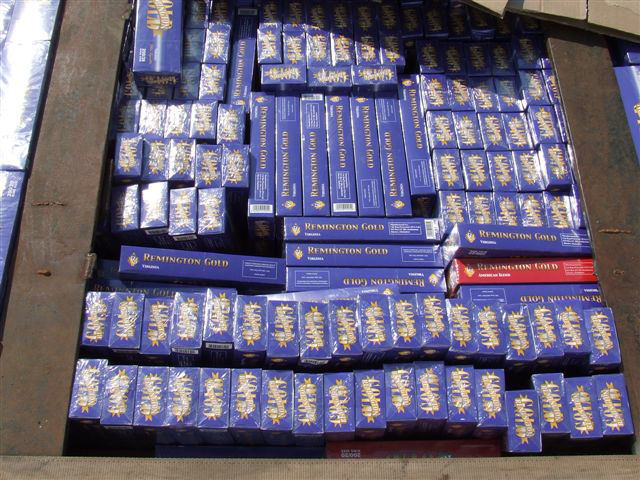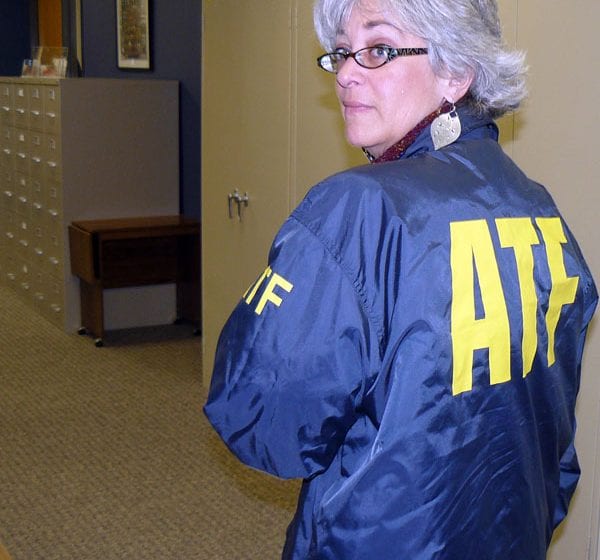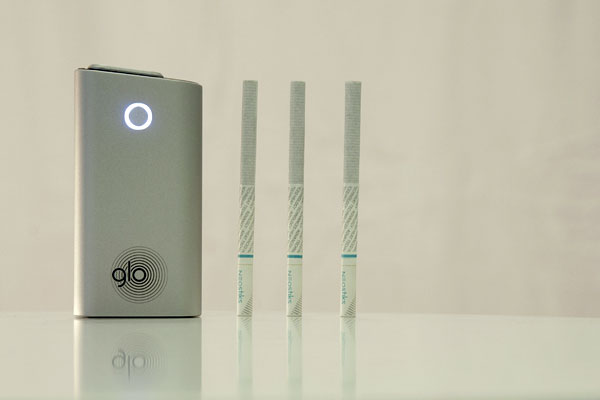The government of New Zealand will have to ban the sale of cigarettes if it wants to reach its goal of making the country tobacco-smoke-free by 2025, MPs have been told, according to a story in The New Zealand Herald.
Public health advocates and academics said also that the government needed to encourage more aggressively less harmful alternatives to smoking, such as vaping.
At a briefing on the Smokefree 2025 target at Parliament, Lance Norman, the chief executive of the Māori public health organization, Hapai Te Hauora, said there was no way the target would be reached on existing settings.
Ministry of Health figures show nearly 16 percent of New Zealanders smoke, including 35 percent of Māori and 25 percent of Pacific Islanders.
The overall rate has fallen from 20.1 per cent in 2006.
The smokefree target set by the government requires smoking rates to fall below five percent by 2025.
“We are nowhere near that,” Norman said. “Saying it’s a train wreck for Māori would be an understatement.”
His organization made three recommendations to MPs if they wanted to reach the goal:
- Urgently encourage harm minimization products such as e-cigarettes;
- Ban the sale of cigarettes by 2025;
- Spend more of the revenue from tobacco excise tax on promoting harm-minimization products and supporting vulnerable families.

